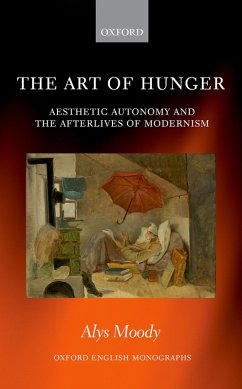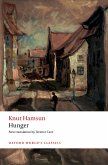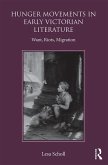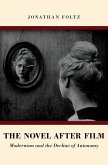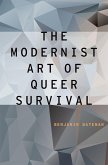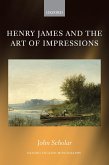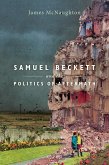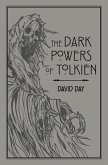Hunger is one of the governing metaphors for literature in the late nineteenth and twentieth centuries. Beginning in the mid-nineteenth century, writers and critics repeatedly describe writing as a process of starvation, as in the familiar type of the starving artist, and high art as the rejection of 'culinary' pleasures. The Art of Hunger: Aesthetic Autonomy and the Afterlives of Modernism argues that this metaphor offers a way of describing the contradictions of aesthetic autonomy in modernist literature and its late-twentieth-century heirs. This book traces the emergence of a tradition of writing it calls the 'art of hunger', from the origins of modernism to the end of the twentieth century. It focuses particularly on three authors who redeploy the modernist art of hunger as a response to key moments in the history of modernist aesthetic autonomy's delegitimization: Samuel Beckett in post-Vichy France; Paul Auster in post-1968 Paris and New York; and J. M. Coetzee in late apartheid South Africa. Combining historical analysis of these literary fields with close readings of individual texts, and drawing extensively on new archival research, this book offers a counter-history of modernism's post-World War II reception and a new theory of aesthetic autonomy as a practice of unfreedom.
Dieser Download kann aus rechtlichen Gründen nur mit Rechnungsadresse in A, B, BG, CY, CZ, D, DK, EW, E, FIN, F, GR, HR, H, IRL, I, LT, L, LR, M, NL, PL, P, R, S, SLO, SK ausgeliefert werden.

